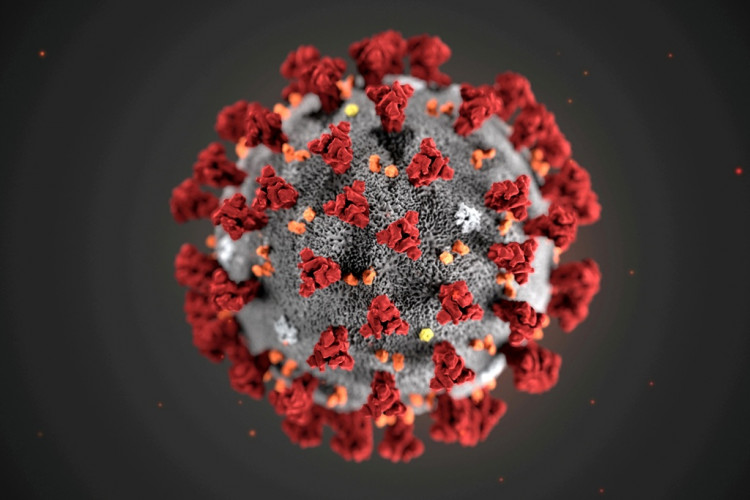A newborn baby in a Wuhan hospital tested positive for the coronavirus just 30 hours after birth. This has raised the question on whether the virus is also transmitted through the womb because the mother is also a coronavirus patient.
The newborn, though infected, has stable vital signs. The baby has no fever or cough. The problem is that the baby is having trouble breathing. Chest x-rays reveal hints of infection and the liver is not functioning well.
Wuhan has a second case, a newborn born healthy on January 31 but started showing symptoms on January 29. The doctors are now identifying whether the baby got the virus from the nanny or the mother.
Good news is that both babies are not in critical conditions.
A four-year-old Chinese kid recovered from the virus in Langkawi. Malaysian doctors said the kid has fully recovered. The kid showed symptoms on January 29 and was given all-cleared status on February 5.
Meanwhile, Singapore has confirmed four more new cases of coronavirus and, including a six-month-old baby who is the child of a couple who are both infected.
What Experts Say About Coronavirus In Babies
Zeng Lingkong, chief physician at the Wuhan children hospitals neonatal department mentioned that doctors should look into the possibility for vertical transmission where the virus is passed on in the womb.
The World Health Organization, on the other hand said, it cannot confirm whether vertical transmission really happens.
Vertical transmission will be complicated as it is impossible to assess, according to Ogbonnaya Omenka, an assistant professor and public health specialist at Butler University's College of Pharmacy and Health Sciences.
While coronavirus infection from the womb is never heard before this, the fact that a newborn is infected is a cause for worry, said William Haseltine, a former Harvard Medical School professor who was in Wuhan for a health summit. He said babies' lungs are not fully formed yet which means babies are at more risk than adults.
Dr. Peter Hotez, dean of the National School of Tropical Medicine at Baylor College of Medicine in Texas warned against drawing conclusions prematurely. Investigation is still needed, he said.
Still, Hotez said that some viruses can be transmitted from mother to child through breastmilk or placenta during pregnancy. Vertical transmissions are confirmed for viruses such as rubella or German measles and HIV. Cases for such transmissions, however, are extremely rare. For HIV positive mothers, transmission are only at 25%, he explained.
Paul Hunter, medicine professor at the University of East Anglia in the UK said there is one study which showed that Mers and Sars can in fact increase the risk of miscarriage than infect the newborn.
Meanwhile, China's death toll has reached 564. Most of the infected people are more than 60 years old who had history of respiratory disease or coronary problems.
Worldwide, 27,636 people are already confirmed to have infections. The fatality rate is currently at 2%.





